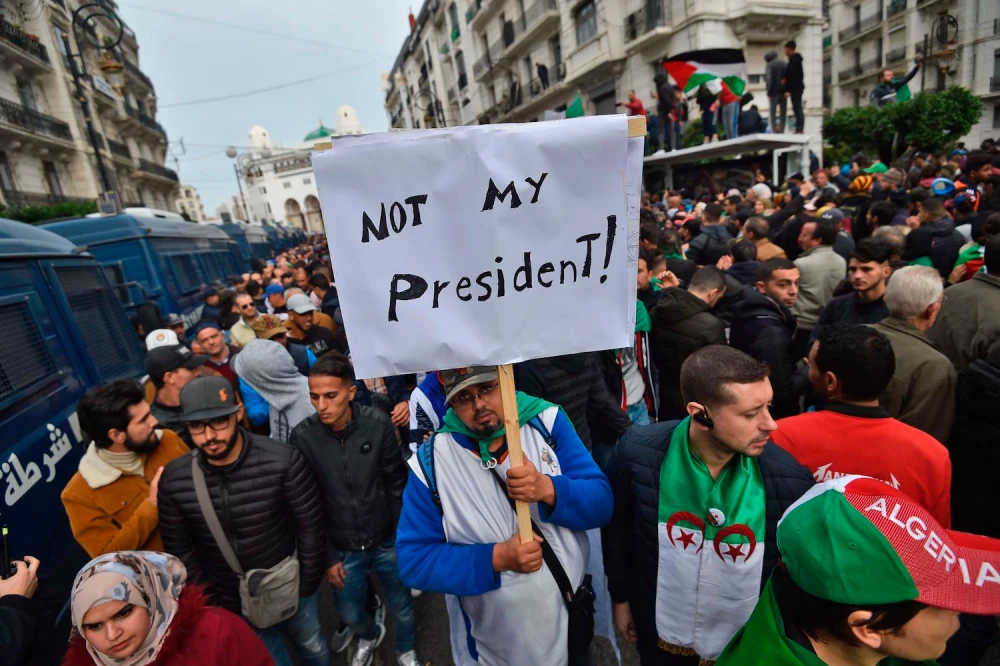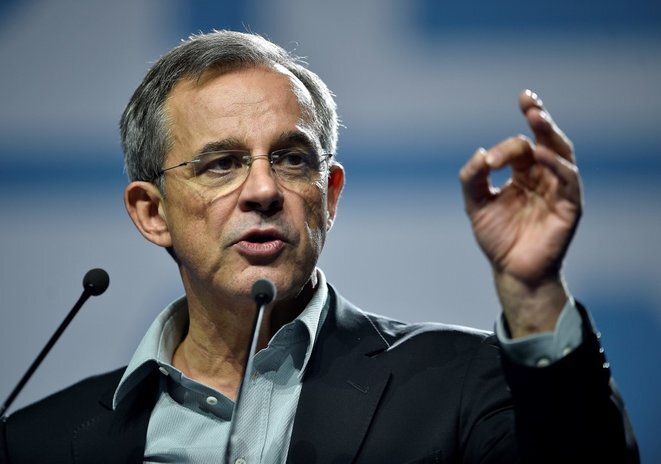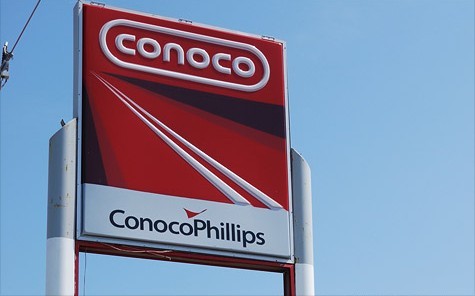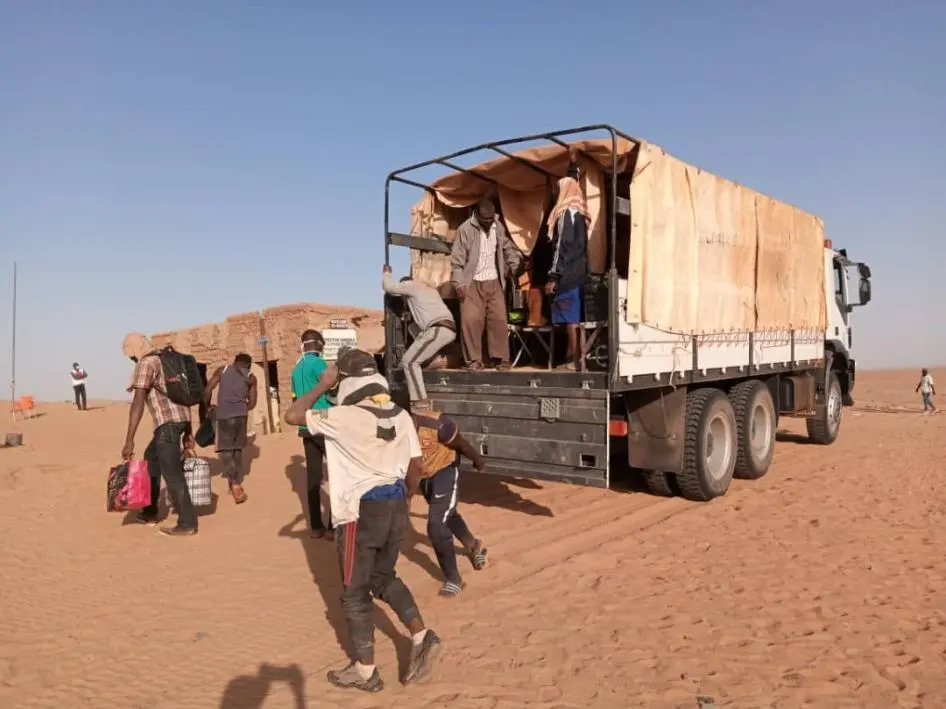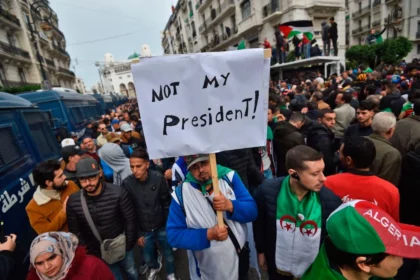 Algeria is drowning in social discontent, raising the prospects of a return to mass protests and a violent response from its military autocratic regime, warns U.S. Foreign Policy magazine, noting that Algeria needs a second liberation…this time, from its aged rulers.
Algeria is drowning in social discontent, raising the prospects of a return to mass protests and a violent response from its military autocratic regime, warns U.S. Foreign Policy magazine, noting that Algeria needs a second liberation…this time, from its aged rulers.
The country needs to be liberated from its aged rulers who failed to transform Algeria’s oil wealth into prosperity. Billions of the country’s petro-dollars were lost to corruption and mismanagement by the military establishment and oligarchy, says the magazine in an analysis penned by Francisco Serrano.
After spending most of the summer rationing water, Algerians are asking themselves how a country with some of the world’s largest hydrocarbons reserves can’t keep drinking water flowing from its taps, writes the publication.
The devaluation of the dinar has increased inflation and raised the cost of living, while foreign exchange reserves have fallen from $120 billion in 2016 to $42 billion in the first quarter of 2021, says the magazine.
Since the forced resignation of ex-president Abdelaziz Bouteflika under pressure of mass demonstrations two years ago, the country’s rulers have been unable to reestablish the veneer of stability they relied on to strong-arm the system for decades, says the FP analysis.
Under Bouteflika, the military regime used scare tactics of the civil war and generous pay rises to buy social peace but after his departure he left behind a country in shambles.
A new generation of Algerians takes to the streets initially against a fifth Bouteflika term before the nonpartisan Hirak protest movement turns into a broad and peaceful rejection of the military autocracy that has ruled the country since independence, says the FP analysis.
When the streets became too loud, the Algerian system sacrificed a part of itself to survive: In April 2019, Gen. Ahmed Gaid Salah, who had been appointed as chief of staff of the army by Bouteflika years before, removed the president from office, recalls the magazine.
Since 2019, many Algerians have refused to participate in presidential and legislative elections and referendums. With Bouteflika out of the way, Hirak protesters continued to march weekly. They knew that the president was only part of a larger system and demanded elections for a constituent assembly to reform the ruling system—not another president chosen behind closed doors, underlines the U.S.publication.
The political impasse lasted for months, until the generals forced new presidential elections in late 2019. Despite the low turnout, they resurrected another regime figure to fill the role of president, Abdelmadjid Tebboune, then 74 years old, who had been a minister and prime minister under Bouteflika, adds the magazine.
“Unable to rebuild the civilian screen that allowed it to rule Algeria from behind curtains, the army has instead leaned on a familiar playbook: branding political dissent as a plot to destabilize the country. It has blamed Morocco for the wave of summer fires that killed dozens of people and destroyed large areas in the Berber-majority region of Kabylie”, says the analysis, noting that the arrests of journalists, activists, and protesters have accelerated to crush vocal opponents.
Stuck in their disputes over power, Algeria’s military and political leaders have never allowed the country to capitalize on its resource wealth. They have done so little, with so much. They have held back Algeria for too long, says the magazine, suggesting that time of regime change has come !.
